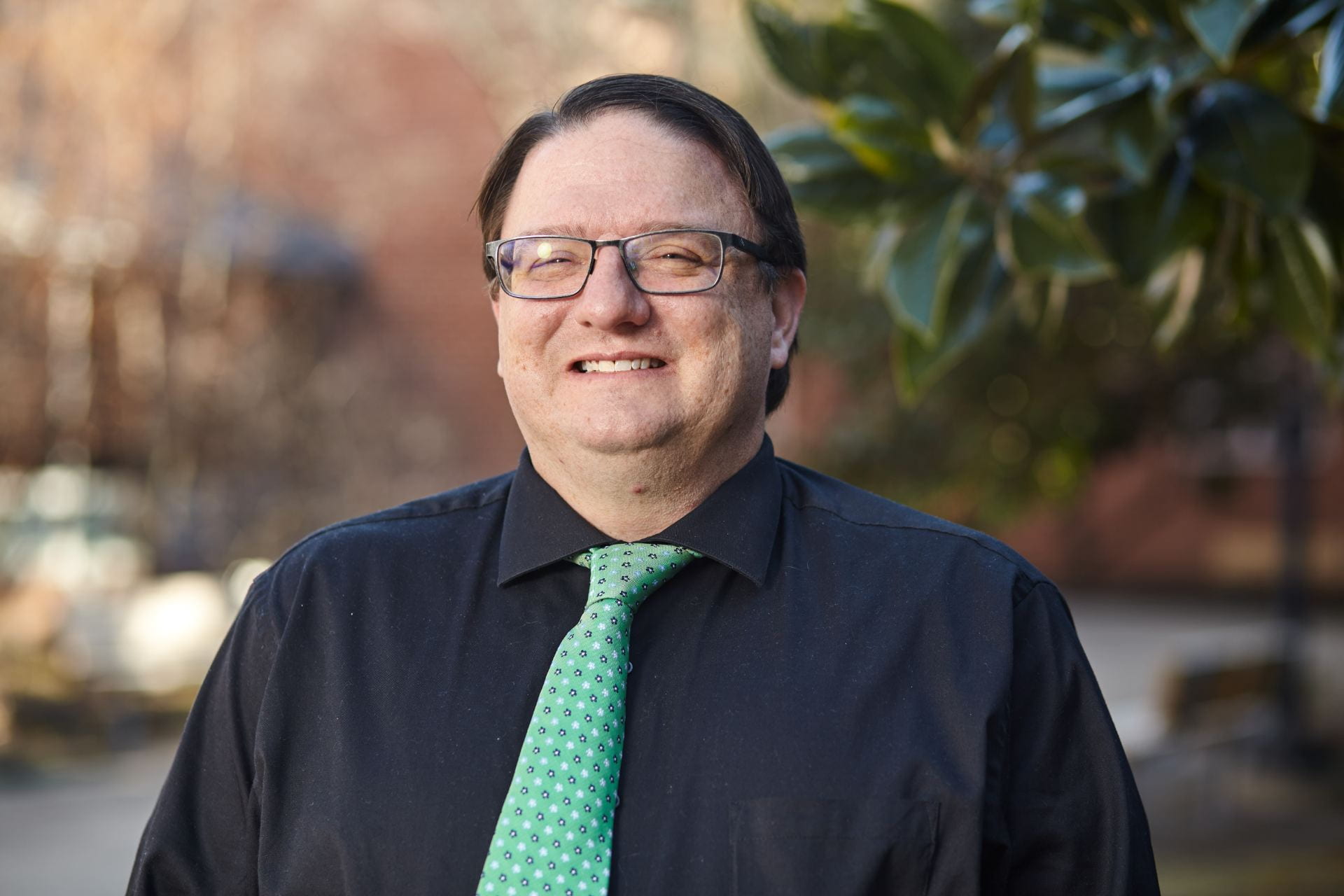Universal Recycling in Delaware:
How plastics interact in a curbside recycling environment
Abstract
Curbside recycling developed as an efficient and environmentally friendly service that offered large economies of scale to both collection and disposal of waste in a community. As part of this system, most participants separate landfill bound trash from recoverable materials or recyclables. Through widescale adoption of collection by society, a corresponding amount of education needs to be pushed out to help support new collection systems and processes. As we know, plastics are a large part of today’s society, so they are a key piece to any curbside collection program. Many years ago, the plastics Industry developed a classification system, the Resin Identification Code, which has been ‘universally’ adopted. As curbside recycling programs developed as a demanded service in the US and worldwide, plastics became part of the collection scheme. Using identifiers, such as the Resin Identification Code, and a lack of education about what the symbol meant, there is widespread confusion around what can and should be recycled when it comes to plastics. Local, regional, and State governments struggle to effectively communicate what should be recycled and what cannot be recycled when it comes to plastic. We aim to look at strategies that can help to reduce confusion around curbside collection, increase good material going to market and look at strategies that can positively impact plastics recycling and its role in curbside recycling.
Biography
Adam Schlachter has been in the recycling industry for over 25 years working at all levels including local, regional and State. His work at DNREC includes ensuring that solid waste facilities are operating to maximize protection of human health and the environment, educating and creating tools to help residents meet the State’s recycling goals and helping the regulated community be in compliance with State environmental laws.

